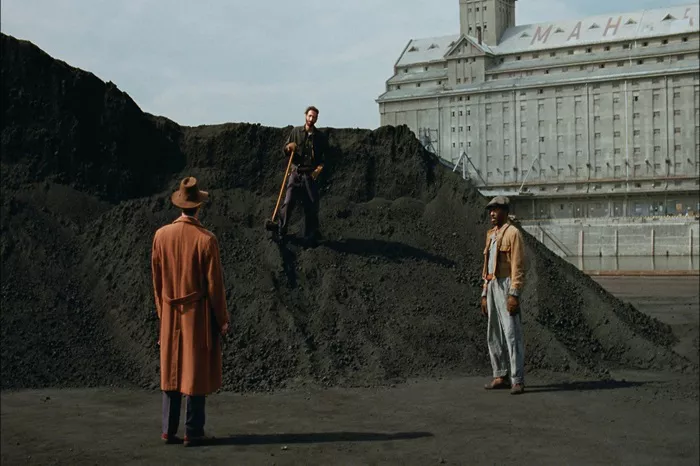As Warner Bros. grapples with the staggering costs of blockbuster productions, exemplified by the over $190 million spent on Joker: Folie à Deux, filmmaker Brady Corbet offers a striking contrast with his Venice Film Festival-winning film The Brutalist, which was produced for a mere $6 million to $8 million.
Set in the post-World War II era, The Brutalist follows Hungarian-born Jewish architect László Tóth, portrayed by Oscar winner Adrien Brody. Tóth arrives in America, achieving newfound success through the patronage of wealthy real estate tycoon Harrison Lee Van Buren, played by Guy Pearce. However, his journey is complicated by the arrival of his wheelchair-bound wife, Erzsébet, portrayed by Felicity Jones, who joins him later in the United States.
Corbet’s Approach to Budget Filmmaking
Corbet’s ability to create a 3.5-hour cinematic epic at such a low cost raises questions about his production strategies. He plans to release The Brutalist in 70mm format through A24 on December 20, after the distributor acquired the film at the Venice Film Festival.
During a recent screening hosted by CAA, Corbet remarked, “We’re not reinventing the wheel,” admitting that having a larger budget would have made the process easier and more comfortable. He revealed that making the film took a significant personal toll, stating, “There were a number of sleepless nights over the last seven years,” referring to the challenges faced following his previous project, Vox Lux.
Strategic Choices and Collaborations
To minimize costs, Corbet filmed in Hungary, leveraging tax incentives. He collaborated with director of photography Lol Crowley and other previous team members to maximize resources. “We shot in a country where things would cost what they really should cost,” Corbet explained. While filming in Hungary was more affordable than in New York City—where his last project incurred over $1 million in transportation expenses—he acknowledged that it still wasn’t the cheapest option.
By maintaining a tight budget, Corbet emphasized the importance of controlling every aspect of production, saying, “We want to be in control of how sand is moved around in the box. We think money is frequently misspent; a reality that all of us exist in.” He noted the sacrifices made by heads of departments, stating that cutting costs required difficult decisions, such as foregoing film stock that was too expensive to process for unused scenes.
Lessons from the Past
Corbet shared insights on the filmmaking process, suggesting that the key to producing an epic on a limited budget lies in understanding traditional filmmaking practices. “This is how they did it for a century,” he stated, highlighting the need for experienced line producers. He pointed out that many studios are run by executives who lack practical experience, necessitating ongoing education about the production process.
The Brutalist, marking Corbet’s third directorial feature, has already garnered significant acclaim, winning Best Director at the Venice Film Festival, as well as several awards including the Arca CinemaGiovani Award, the FIPRESCI prize, the Premio CinemaSara Award, and the UNIMED Prize for Cultural Diversity.
In a cinematic landscape increasingly dominated by high-budget productions, The Brutalist serves as a testament to the power of creativity, strategic planning, and resourcefulness in filmmaking.
Related topic:
BTS’ RM: Right People, Wrong Place Premieres at Busan Film Festival
“Else”: A Cinematic Exploration of Romance, Fear, and Isolation


